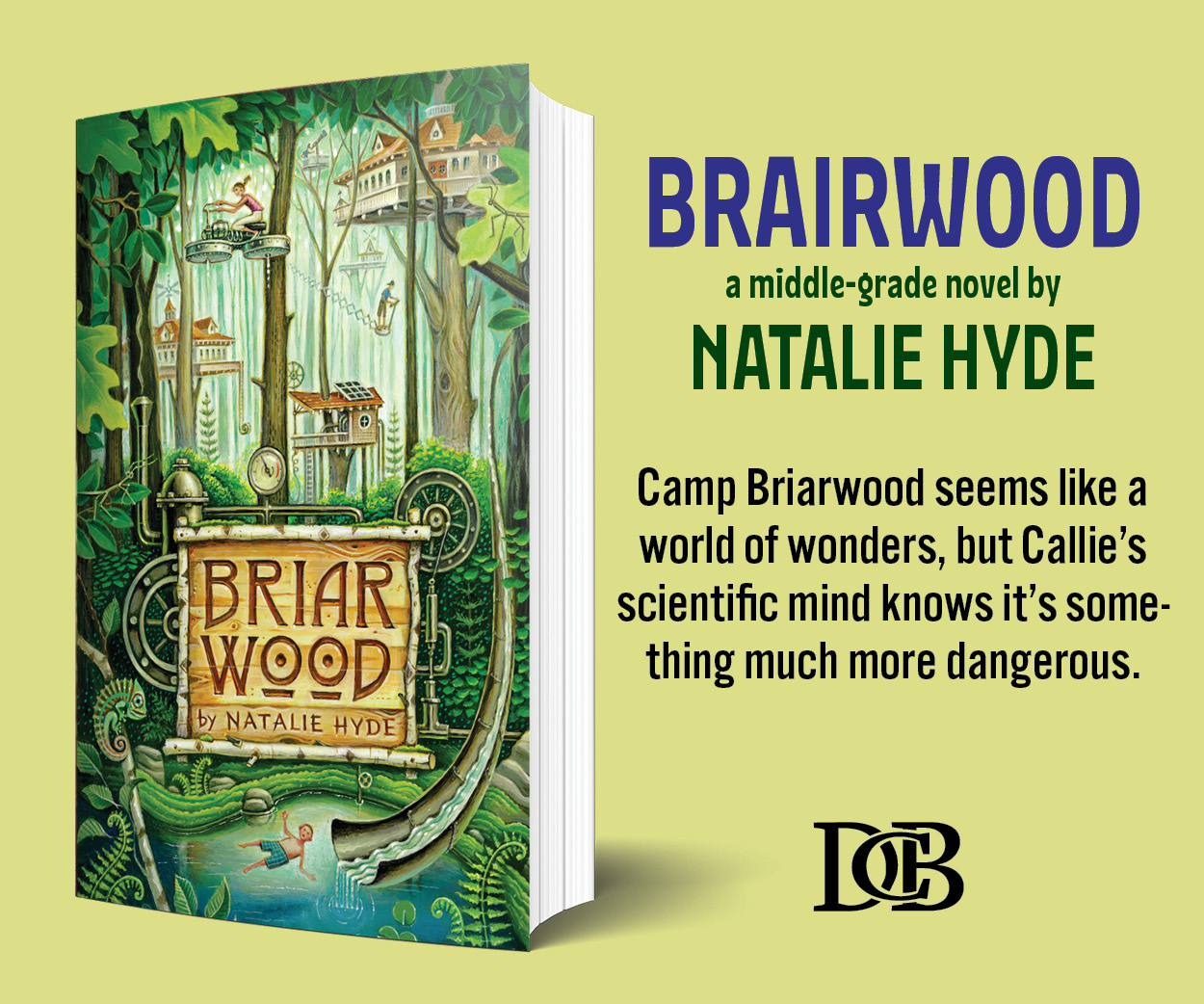Decoder ring
By Anne Stone
In Girl Minus X, there are choices made by the main character, Dany, that seem more legible and logical to people who’ve experienced trauma and understand the way, afterwards, a person is forever scanning the environment for danger, how the present can become fraught with the past, and the kinds of decision-making that flow from a lived understanding of a wholly unreliable world. Some believe that the world is benign—but to Dany, this is flawed optimism.
Perhaps someone who has had a similar kind of experience, in which their bubble of safety has been punctured by violence or the like, has less trouble understanding that for Dany, safety is contingent and fleeting. Trauma has forever redefined the terms of her world. Safety can never be assumed, because it remains an open question. In Dany’s experience, safety is but one possibility among a thousand, most of which, inevitably and invariably, will go wrong.
I imagine where any novel intersects with a writer’s knowledge of something that’s not necessarily universal probably operates in a similar way. There are those who can decode a scene readily, and those who will need to do a bit more work if they want to more fully understand.
Sometimes, reading, my spider-senses trill—because I know I’m witnessing an exchange that requires a knowledge I don’t share. At such moments, I feel like I’m at the edge of something important, though I lack the experience to fully decode the scene. I abide with the book—staying open and curious. Often enough, I also go looking for outside help, finding a hint or two from other readers or an author interview—something that can help me frame what I sense I might be missing.
In Morrison’s Beloved, for example, there’s a micro-scene that unfolds in a sentence or two, while Sethe and Paul D are on wooden walkway over the dirt. Four women approach from the opposite direction, “walking two abreast” and, with a light touch, Paul D “guide[s]” Sethe off the planks to let the four pass. This is done without the narrative making explicit what informs this wordless interchange.
Your CanLit News
Subscribe to Open Book’s newsletter to get local book events, literary content, writing tips, and more in your inbox
Morrison, in one interview, talked about how she wanted to write a book in which race could be understood without having to directly name it once—the kind of work happening in this scene. As a white reader, the scene lit up for me while hearing her interview. The audience for whom this book is written would be more likely to decode the scene immediately. Being outside of that first-circle, approaching Morrison’s work as a de-centered white reader, means I often have to learn and work to better navigate the characters’ experiences in the book. But that work—and the practice of doing such work—is such an important gift.
The views expressed in the Writer-in-Residence blogs are those held by the authors and do not necessarily reflect the views of Open Book.
Anne Stone is the author of four novels, Delible (2007), Hush (1999) and jacks: a gothic gospel (1998), and her newest book, Girl Minus X. She is currently at work on a collection of short fiction. She spent her childhood in Toronto, lived in Montreal, and now makes her home in Vancouver, where she teaches Creative Writing and Literature at Capilano University.



